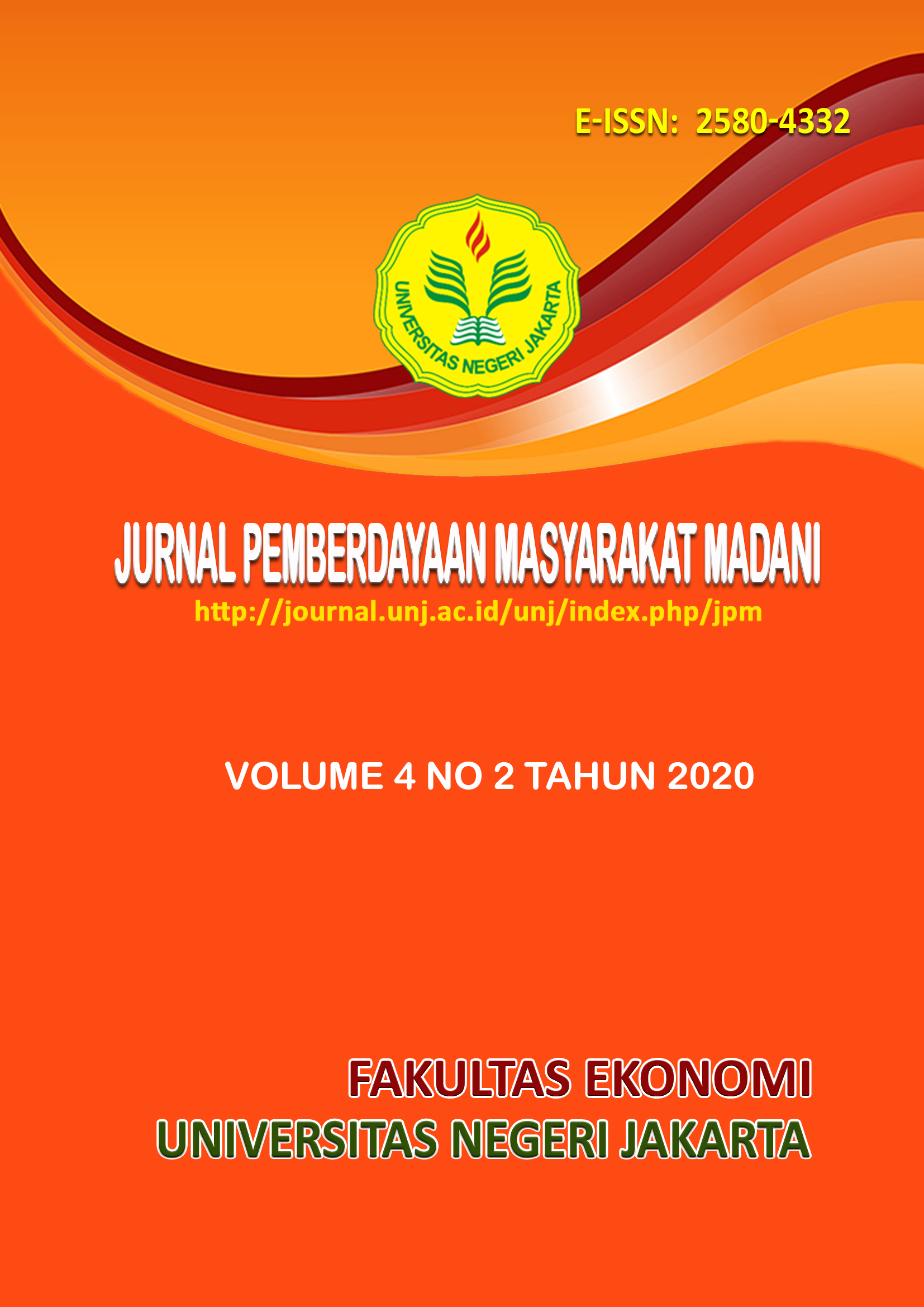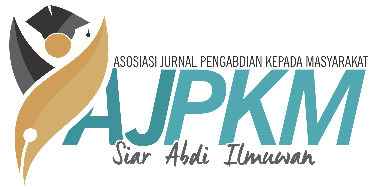Higher-Order Thinking-Based Question Preparation Training for Office Administration Teacher’s Group at Magetan
DOI:
https://doi.org/10.21009/JPMM.004.2.08Keywords:
Soal HOTS, Administrasi Perkantoran, Higher Order Thingking SkillsAbstract
HOTS-based Question Making Training for Teachers of MGMP in Magetan Regency Office Administration Skills Package. Problems faced by teachers include: (1) Lack of teacher pedagogical skills in learning assessments, (2) Lack of teacher understanding of Higher Order Thinking Skills, (3) The ability of teachers to create test questions in Office Administration with Higher Order Thinking Skills that can develop students' critical thinking power. The solutions offered from the Unesa community service team are: (1) Providing teachers with knowledge about learning assessments, (2) Providing teachers with theoretical knowledge about Higher Order Thinking Skills, and (3) Training teachers about developing Higher Order tests. Thinking Skills that can develop students' critical thinking power. The purpose of this HOTS question formulation training activity is to improve the teacher's ability to compile HOTS level questions in accordance with the cognitive level, namely creating, evaluating and analyzing, reporting the results of activities, and obstacles encountered in the implementation of activities. The method uses HOTS question preparation training through lectures, individual work, mentoring, presentations, discussions, and reinforcement. The results of the activity obtained were that most of the participants were able to compile HOTS-based questions on the HOTS questions preparation worksheet.
Downloads
Published
How to Cite
Issue
Section
License

This work is licensed under a Creative Commons Attribution-NonCommercial-ShareAlike 4.0 International License.
















